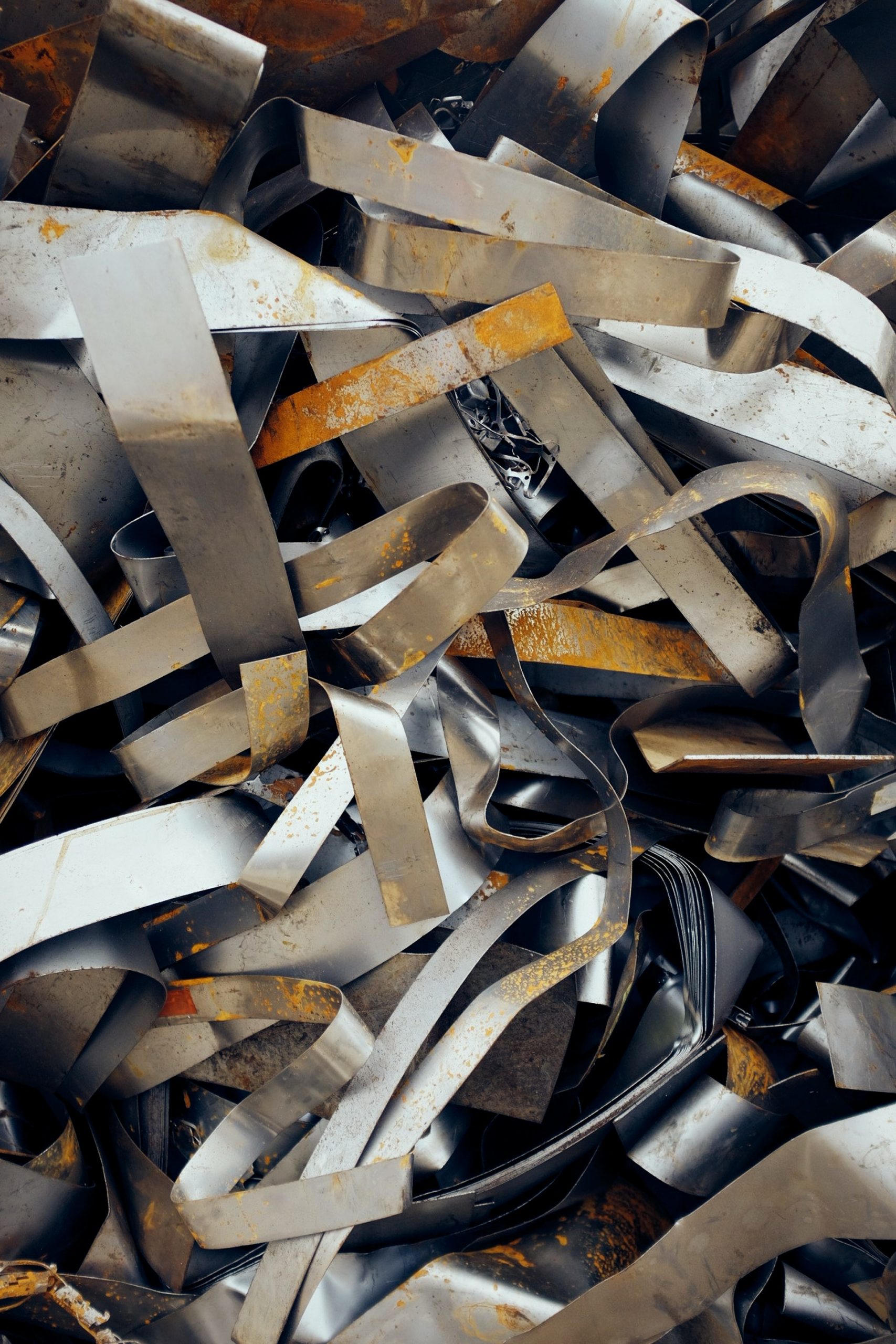Italian contract prices for scrap imports from Germany, France and Eastern Europe are expected to remain stable month-on-month in December, with some €5-10/tonne ($5.1-10.3) increase on certain grades in short supply.
While Italian demand for imported material is strong, local mills’ production plans for December remain unclear. They will all implement longer maintenance stoppages to balance demand and supply, but they have yet to officially communicate dates to their suppliers. Some are considering shutting down from 16-19 December until business resumes after the Christmas holiday on 9 January, Kallanish hears.
The main issue remains increasing rail freight tariffs in Germany and Austria, whose rail operators are asking for a 40% and 30% increase respectively effective 1 January. Local scrap merchants and steel companies are trying to negotiate a two-month delay and a more moderate increase but nothing has been agreed so far. Both scrap suppliers and steel mills will be hit by the move, together with many Italian steelmakers selling coil and long products in Germany and Austria.
If the 40% increase is implemented, Italian steelmakers will have to pay an eyewatering figure of €55/tonne for scrap transport from southern Germany to northern Italy, up from the current €40/t. According to some scrap sellers, the rate increase in Germany will ultimately be agreed at about 30%, but this still represent a significant hike in transport for Italian mills.
Scrap import contracts are negotiated toward the first or second week of each month with material delivered until the first ten days of the next month. Italian mills will therefore be obliged to pay rising freight rail transport in the first ten days of January for contracts agreed in December.
Germany is a prolific scrap supplier to Italy. Italian steelmakers say they cannot afford to only buy scrap on the domestic market and will need to continue to import from other European countries. Sellers and buyers are currently trying to find solutions.
To make things more complicated, truck transport rates from Germany and Austria will also increase from 1 January. Scrap is often shipped to Italy from Stuttgart or Munich by truck using intermodal transport. Material travels to the railway connection by truck. It is then charged onto trains and discharged in a northern Italian station such as Milan or Verona where another truck provided by the supplier will deliver scrap to the mill’s yard. Suppliers who use this type of transport will also have to absorb the German freight increases, Kallanish notes.
This month, French and German suppliers are reporting limited old scrap availability, like last month, and a lower intake of grades such as shredded E40 and sheared scrap. One German supplier also reports limited E8 new arisings availability.
Last month, import contracts from France and Germany to Italy for E8 mixed grade were done at €360/t, E40 at €370/t, E3 at €355-360/t and the lower E1 grade at €315-320/t, all on a delivered basis. From Eastern European countries, Italian mills paid €355-360/t for the mixed E8 grade, about €300/t delivered for E1, €370/t for E40 and €330-340/t for E3, sources suggest.
Natalia Capra France






